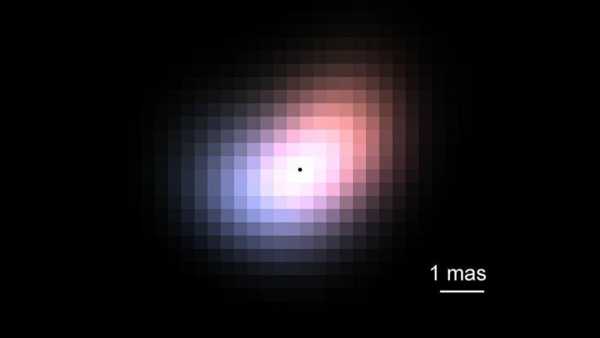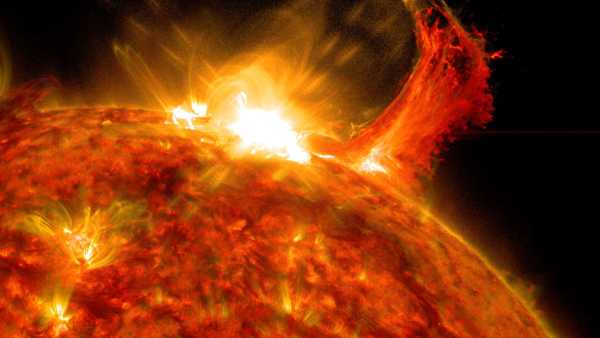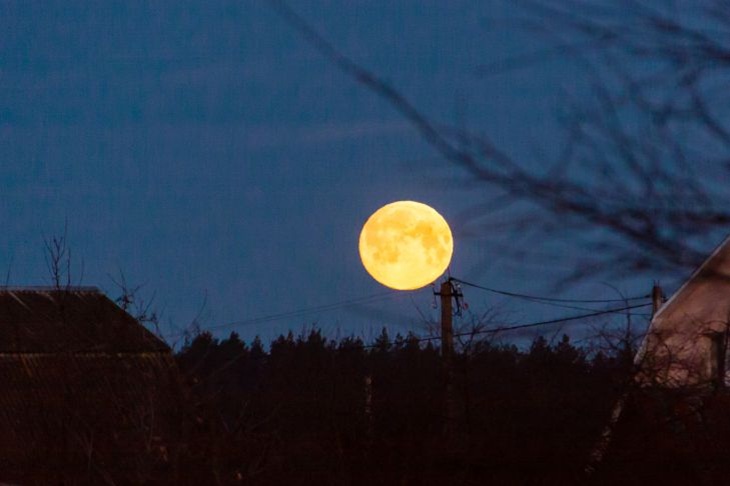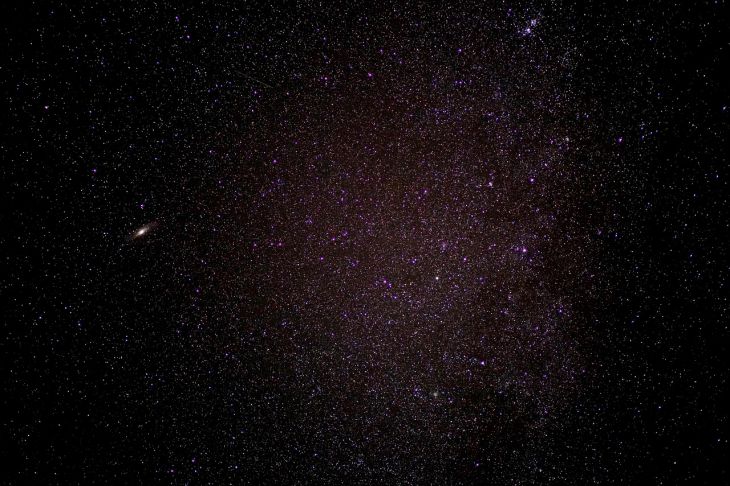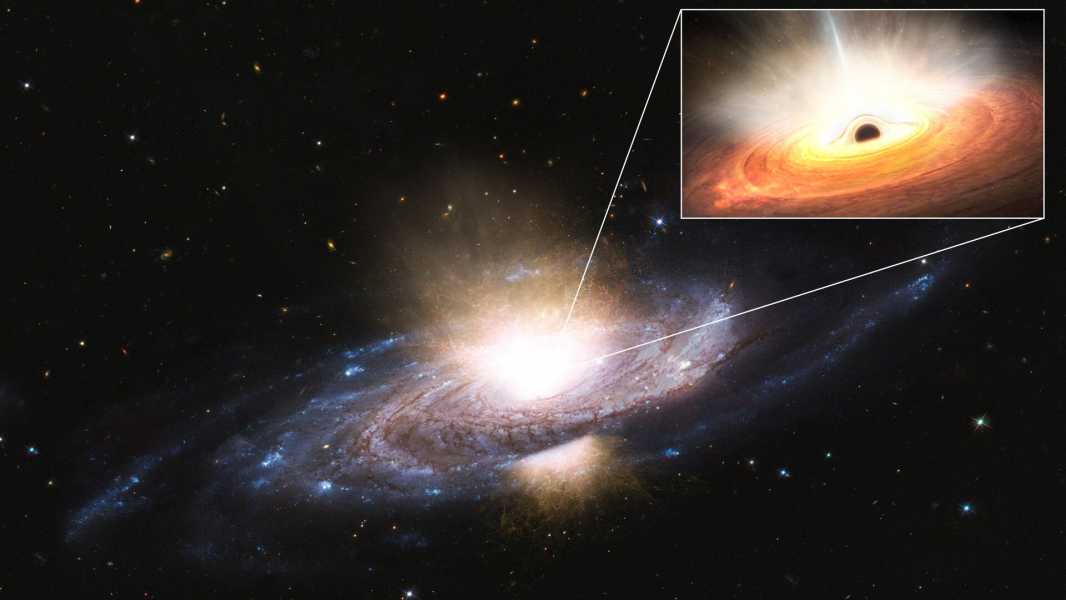
An illustration of a supermassive black hole surrounded by dust. (Image credit: ESA)
Observations made with the James Webb Space Telescope (JWST) show that a black hole that grows rapidly and appears to defy the laws of physics is actually quite common.
In November 2024, astronomers using JWST reported finding a black hole from the early universe that appeared to be gobbling up matter 40 times faster than theoretically possible. This black hole, called LID-568, was detected just 1.5 billion years after the Big Bang — too early in the universe’s evolution to have reached such a size.
However, a new study suggests that this anomalously high rate of absorption may have been misjudged. After re-analyzing JWST observations of the “record-breaking” black hole, astronomers confirmed that it was not that extreme. In fact, massive dust obscured the black hole, leading to the miscalculations, the researchers found.
You may like
Sourse: www.livescience.com


